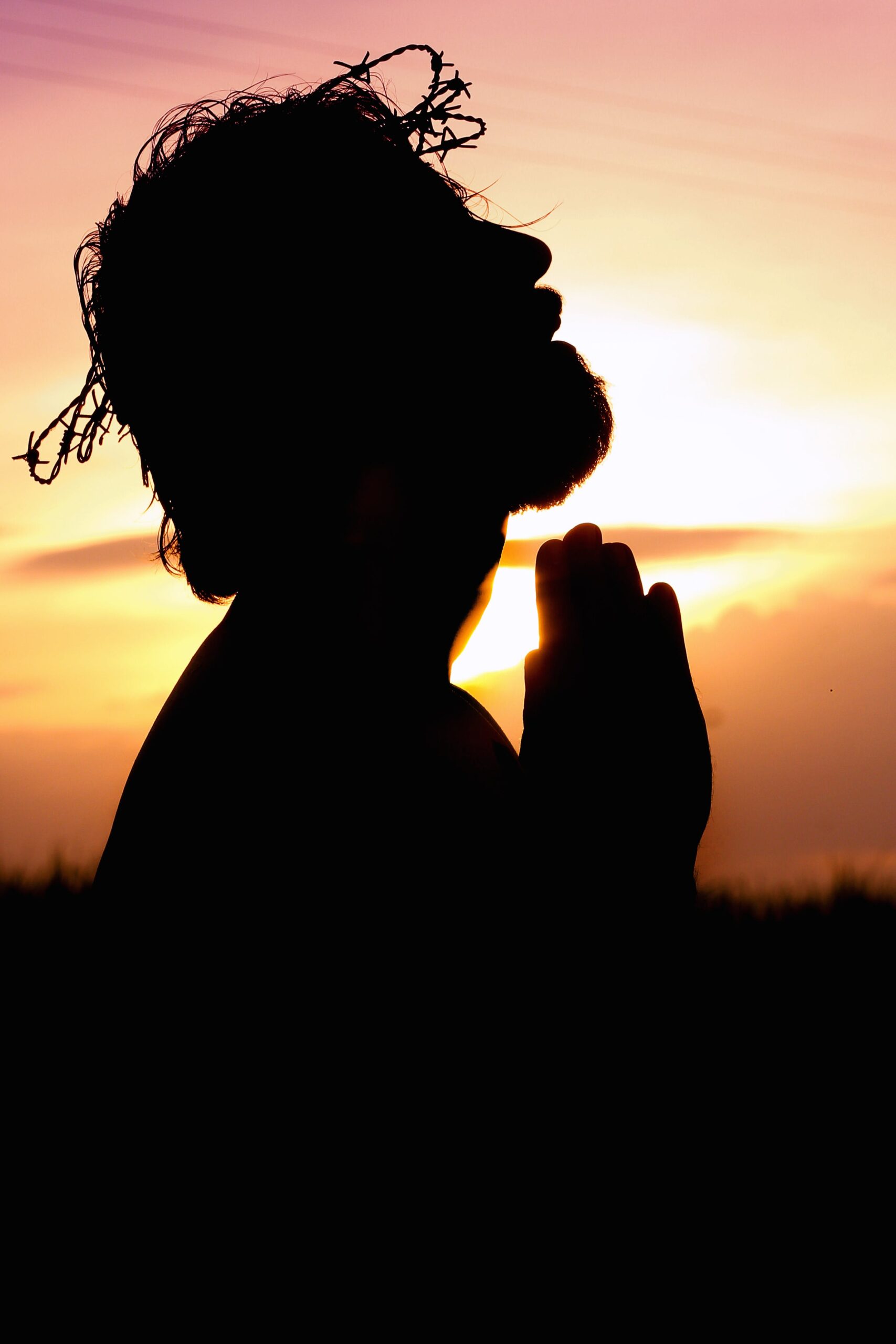Tags:


What is Freedom of Religion or Belief (FORB)?

The term FORB stands for Freedom of Religion or Belief. It is a universal Human Right that speaks about the rights of any individual to practice, worship, observe, study and teach the religion of their choice, as a group or an individual in private or public. Freedom of Religion or Belief is the freedom to practice thoughts, knowledge and beliefs about any religion individually or in group. The right to choose the religion and withdraw from the religion at their own will and wish. Anyone can worship, practice, observe, express and study the religion regardless of their nationality, gender, language, race, religion and political
FORB and Its emergence
Freedom of religion or belief has a strong relationship with history. Let us examine it clearly through the following sub-headings
Western Context
The crucial factor for the emergence of the idea of Religious Freedom was resulted by the term “democracy”. The idea of democracy acted as a tool for the development of the concept “right”.
During the medieval era, God was regarded as the symbol of Law. Consequently, it was assumed that the law cannot be made but discovered. People believed in Natural law. Later, John Locke introduced the concept; Life, Liberty and Property. This created a platform for not only the American Declaration of Independence but also the English Bill of Rights and the French Declaration of Rights.
Locke believed that the government possessed much authority to exceed people’s right on Religion. Further, he insisted that the government is required to protect the rights of each citizen to follow religious truth instead of promoting religion. Then, In A.D 380 the United States initiated the separation of church from state, intending to provide religious freedom. Consequently, other nations adopted this idea of separation as a way to guarantee religious freedom. Moreover, in 1983 Chicago; the original world parliament of Religion was held.
Asian Context
Mostly in Asia, There is no restriction on how people worship openly and freely. Asia has a long history of religious tolerance, exemplified by figures like Ashoka and enshrined in India’s constitution. Many believe Hinduism’s inherent inclusivity contributed to this, allowing diverse religions like Jainism, Buddhism, and Sikhism to flourish alongside Islam and Christianity. However, modern India faces
Challenges from rising nationalism and differing interpretations of religious freedom. Despite this, India remains committed to tolerance through ongoing dialogue and legal protections. This rich history offers valuable lessons for the present, and further exploration of its complexities can deepen our understanding of religious freedom in India and beyond. This principle is enshrined in the Constitution’s Article 25, guaranteeing religious freedom. However, despite this rich legacy, challenges like nationalism and anti-conversion laws remain. Efforts to promote interfaith harmony offer hope for continued tolerance in India.
France – French Revolution (1789)
The French Revolution, which began in 1789, had a significant impact on the concept of religious freedom in France. The Revolution brought about major changes in French society, including the relationship between state and religion.
The French Revolution did not lead to a complete separation of church and state, as in the United States. But it tried to transform the relationship between the state and religion in France. It marked a transition to an inclusive approach to secularism. Later legal and political developments in France continued to promote and further shape the concept of religious freedom in the country.
Is FORB a Human Right?
Yes, International human rights law clearly affirms the right to freedom of religion. Article 18 of the International Covenant for Civil and Political Rights (ICCPR) states: “Everyone shall have the right to freedom of thought, conscience and religion. This right shall include the freedom to have or adopt a religion or belief of his choice, and freedom, either individually or in community with others and in public or in private, to manifest his religion or relief in worship, observance, practice and teaching.”
In 1966 under the International Covenant on Civil and Political Rights FORB was declared a human right by international law. As a human right, FORB is a part and parcel of the International Human Right framework. Hence, FORB took a turn globally, let’s discuss them in detail below.

Emergence of Documents on FORB
Consequently, the documents related FORB started to bloom in since it is needed to be protected. As a result, the following documents are created.
1. International Covenant on Civil and political rights (I.C.C.P.R) in 1966
a. The Universal Declaration strongly argues that individual religious differences must be respected. Moreover, the 1966 Covenant provides a broad definition of religion that incorporates both theistic and nontheistic religions as well as rare and unknown faiths.
2. The United Nations Declaration
a. The United Nations Declaration on the Elimination of All Forms of Intolerance and of Discrimination Based on Religion or Belief, approved in 1981,27 is a fundamentally important document protecting religious rights
3. The Vienna concluding documents in 1989 which discuss about the violation of religious freedom
a. This document contains provisions similar to the 1948, 1966, and 1981 documents, urging respect for religious differences, especially among various faith communities. The document includes a detailed list of religious human rights, similar to the counting of rights set forth in the 1981 Declaration.37
A period of 20 years passed down from the United Nations intention on 1962, 07th December to draft such a pivotal result of the document. Hence, in 1981 the document protecting religious freedom in the international setting was declared.
Documents of FORB and Its statements
The 1966 Covenant prohibits religious discrimination,
1. Article 2(1) states, “without distinction of any kind, such as race, color, sex, language, religion, political or other opinion, national or social origin, property, birth or other status.”
According to universal Declaration of human rights;
1. Article 18 states, “Everyone has the right to freedom of thought, conscience and religion; this right includes freedom to change his religion or belief, and freedom, either alone or in community with others and in public or private, to manifest his religion or belief in teaching, practice, worship and observance”. It addresses the people`s religious choice which must be protected by the government.
2. Article 20 prohibits encouragement of hatred against others because of their religion,
3. Article 27 protects members of ethnic, religious, or linguistic minorities from being refused the enjoyment of their own culture.
As per the United Nations Declaration,

Articles 1 and 6 provide a comprehensive list of rights to freedom of thought, conscience, and religion. These include the right to
1. Worship or gather in connection with a religion or belief, and to establish and maintain places for these purposes
2. Establish and maintain appropriate charitable or humanitarian institutions
3. Make, get and use to an adequate area the necessary articles and materials related to the rites or customs of a religion or belief
4. Write, issue and distribute relevant publications in these areas
5. Teach a religion or belief in places suitable for these purposes
6. Request and receive voluntary financial and other contributions from individuals and institutions
7. Observe days of rest and to celebrate holidays and ceremonies in accordance with the principals of one’s religion or belief
8. Establish and maintain communications with individuals and communities in matters of religion and belief at the national and international levels.
Further, in India, in the article from 25 to 28 that every individual has the right to freedom of religion. Anyone can exercise their own religion and practice the religion of your choice.
In 1998, the US Congress changed the International Religious Freedom Act, instructing an annual report by the government which analyzes violations motivated by religious freedom in each country.
Controversial facts and Criticism about FORB
Although the documents have statements that clearly supports and protects the religious rights, there are arrays of criticism toward FORB due to many involvements. The political involvement and ongoing discrimination intensifies the criticism.
Unfortunately, the discrimination of minority or disfavored religions remains a serious problem in many parts of the world today.
In Burma, the government reportedly did nothing to stop recent rioters from attacking mosques and Muslim-owned shops; furthermore, soldiers ordered Muslims to convert to Buddhism or leave the country. France passed a controversial “anti-sect” bill that targets 173 religious minorities as dangerous threats to domestic peace. Lastly, in the United States, the U.S. The Supreme Court has established low standards of protection for unpopular religious minorities.

The word “Religion” itself has faced much hatred and criticism since it gives an impression that everyone should have a religion and atheism was not regarded much enough. There were controversial issues such as
● The word “Religion” did not include the term atheism and its intentions. Religion believes in God and they are believers whereas atheism portrays the non believers. Thereby, The concern that non-believers and believers should be protected simultaneously raised. Hence, Atheism also has given adequate consideration of protection throughout the events.
● The right to convert the religion of a person becomes an issue since Muslims consider the change of religion from Islam as Blasphemy. Therefore, Muslims objected to this particular rule. Hence, deleted from 1981 declaration in Article 01
Globalization of FORB
The evolution of religious human rights throughout history has been gradual. The phrase “freedom of religion” emerged in the early 03rd century and the phrase “Right to Freedom” emerged in the 12th century. Then, in the 17th century “Right to religious freedom” and gradually,
The 20th Century marched towards an extraordinary change in the internationalization of Religious human rights. In 1994, the federal council of churches stated, “right of individuals everywhere to religious and intellectual liberty” as one of the six pillars of peace and in 1948, another group of commissions of the church on international affairs highly motivated the universal declaration. The draft made in 1948 became a strong foundation for FORB in the article 18 of the Universal Declaration of Human Right during the post-world war 2.
The Consequences of FORB Globalization
As a result of the expansion of FORB globally, the academic and advocacy literature became the new trends internationally. Following are some of the impacts caused by FORB globalization.
1. Promotes harmony and acceptance among diverse spiritual paths, embracing both those with specific beliefs and those who choose not to follow any particular faith.
2. Acts as a shield against corruption, providing a platform for ethical principles rooted in various faiths to be expressed and championed.
3. Serves as a bridge builder, easing religious tensions to prevent conflicts and build a more peaceful world.
4. Catalyzes economic growth, harnessing the power of faith-based organizations to contribute significantly to a nation’s social and human development.
Hence, diverse regions and religious context such as intersectionality of religious freedom with other human rights, Identification of common challenges and unique considerations are explored broadly
References
https://doi.org/10.1080/14782804.2021.1965555
Davis, D. H. (2002). The evolution of religious freedom as a universal human right: Examining the role of the 1981 United Nations Declaration on the Elimination of All Forms of Intolerance and of Discrimination Based on Religion or Belief. BYU L. Rev., 217.
PAUL FRESTON, EVANGELICALS AND POLITICS IN ASIA, AFRICA AND LATIN AMERICA (2001).
Frank C. Baldwin, A Nation’s Holy War, 111 THE CHRISTIAN CENTURY 672, 673–74 (1994).
France’s Anti-Sect Bill Could Hinder Religious Freedom, WORTHY NEWS (July 20, 2000), at http://www.cesnur.org/testi/fr2K_july4.htm.
Nuha Fazloon
Jan 31, 2024
0